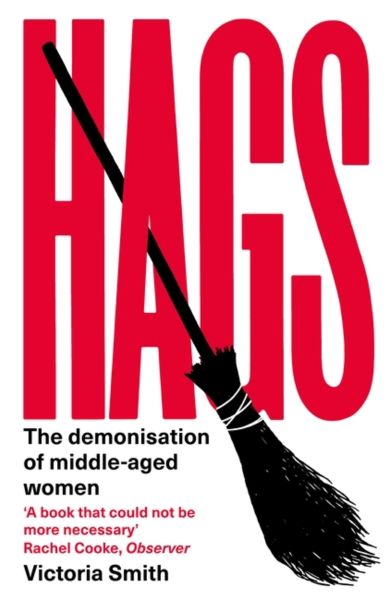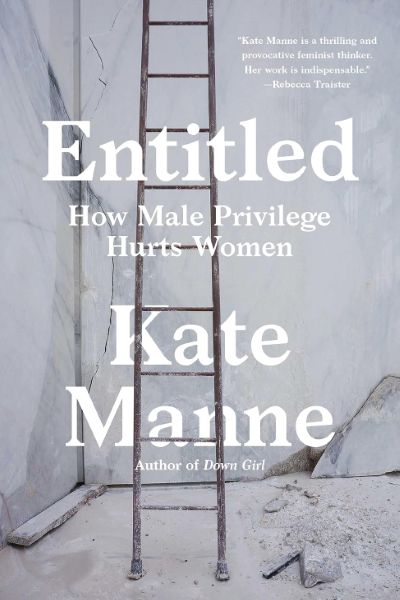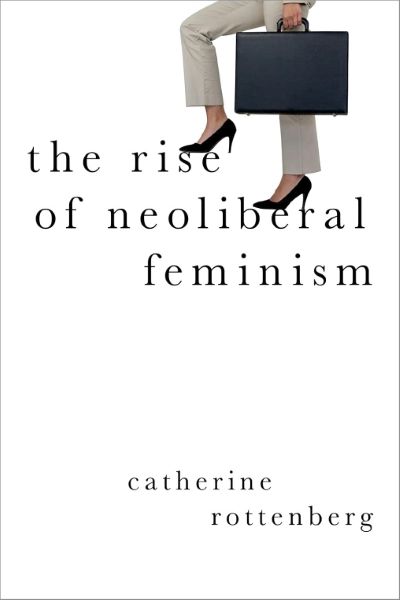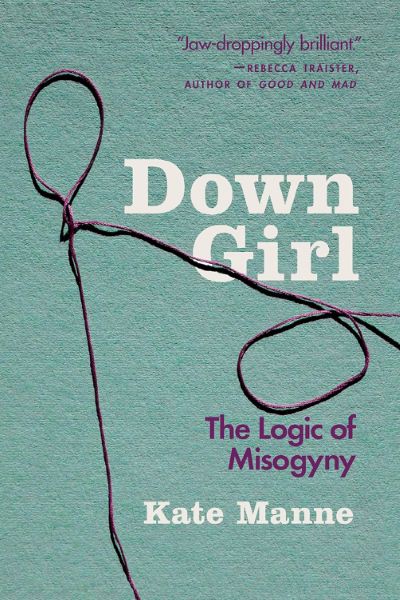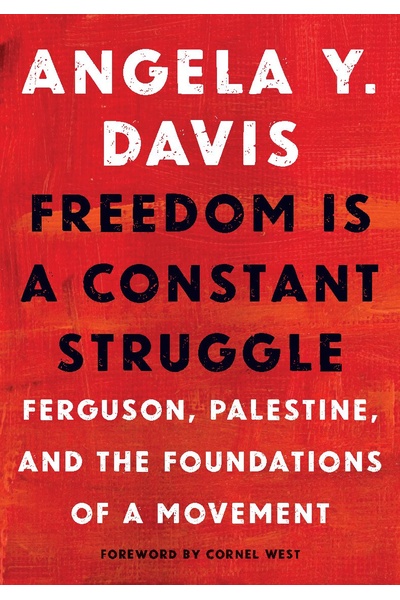Political Participation
42 related content items found
📚 Books 5
📰 Articles 9
From Women's March to People's March: The Evolution of Resistance in 2025
On January 18, 2025, tens of thousands joined the rebranded 'People's March' protesting Trump's second inauguration. Smaller than 2017 but more diverse, activists shift from marching to legislating and grassroots organizing.
Beijing+30: A Critical Moment for Global Women's Rights
2025 marks the 30th anniversary of the Beijing Declaration and Platform for Action. Despite progress, 24% of countries report backlash on gender equality, and 10% of women still live in extreme poverty. This is a critical moment to renew commitments.
From Suffrage Movements to #MeToo: The Enduring Global Fight for Gender Equality
This article traces the evolution of feminist movements from the 19th-century suffrage campaigns to the digital activism of the #MeToo era. It explores the four waves of feminism, their historical contexts, and the persistent global challenges to gender equality, including political representation, reproductive rights, and social stigma.
Top Feminists of 2024: From Texas Lawsuits to Global Movements
Ms. Magazine honors 2024's most influential feminists, including the 27 women who sued Texas over its abortion ban, Kamala Harris, Black women voters, and brave women fighting for rights globally.
Project 2025: A Dystopian Future for Women's Rights in America
Led by the Heritage Foundation and supported by over 100 far-right organizations, 'Project 2025' is an 887-page policy blueprint calling for the deletion of terms like 'gender equality' and 'reproductive rights' from federal regulations. This document, described as 'the last chance to save our republic,' is actually a comprehensive declaration of war on women's rights.
The US War on Reproductive Rights Should Concern Women Everywhere
In the United States, women's reproductive rights are rapidly being eroded. Since Roe v. Wade was overturned in 2022, 28 states have restricted abortion access, with 14 states implementing near-total bans. This war on women's bodily autonomy affects not just America, but threatens women's rights globally.
Patriarchy Is Regaining Ground: UN Chief Warns of Unprecedented Threats to Women's Rights
UN Secretary-General António Guterres issues stark warning at the 2024 Commission on the Status of Women: 'Patriarchy is far from vanquished; it is regaining ground.' From Afghanistan to America, from digital spaces to political stages, women's rights are under systematic attack and decades of progress are being reversed.
South Korea's Gender Inequality and Anti-Feminist Sentiment
This article analyzes South Korea's phenomenon of ranking low in global gender equality while experiencing strong anti-feminist sentiment, exploring conservative government policies, young men's backlash psychology, and feminism's complex position in Korean society.
Fighting the Tyranny of 'Niceness': Why We Need Difficult Women
This article critiques the expectations of 'perfection' and 'likability' in contemporary feminism, calling for recognition of the complexity and contradictions within feminism, and embracing those 'difficult women' who are nonconformist, hard to categorize, but drive change.
🎥 Videos 3
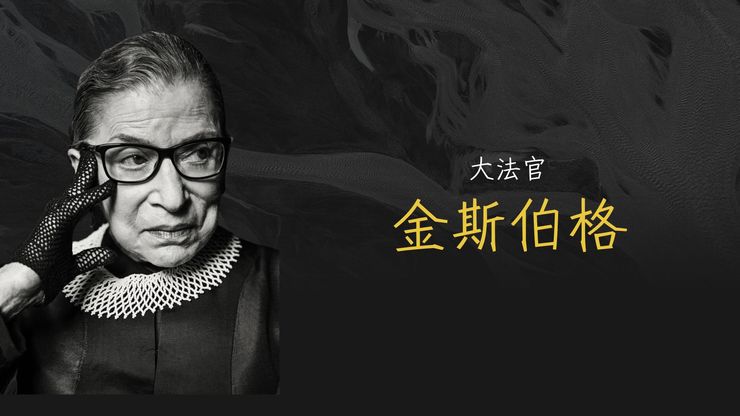
RBG: A Life Dedicated to Justice
This powerful documentary chronicles the extraordinary life and career of Supreme Court Justice Ruth Bader Ginsburg, from her early battles against gender discrimination as a lawyer to her iconic status as the 'Notorious RBG.' The film explores her groundbreaking legal work, her partnership with her husband Martin, and her unwavering commitment to gender equality and justice.
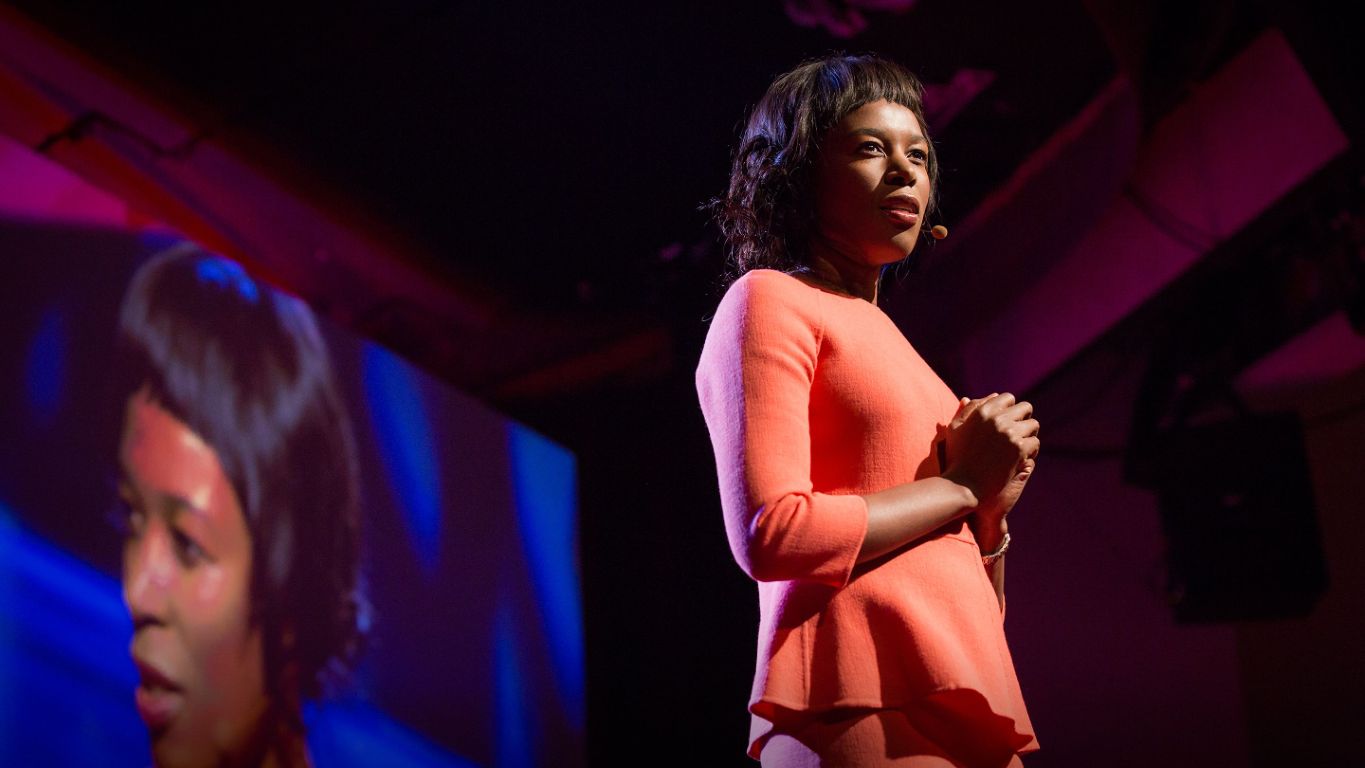
An invitation to men who want a better world for women
In this TEDWomen talk, Elizabeth Nyamayaro introduces the HeForShe campaign and calls on men to actively participate in the global fight for gender equality. Drawing from her personal experience and UN advocacy, she emphasizes shared humanity and collective responsibility in dismantling patriarchal systems.
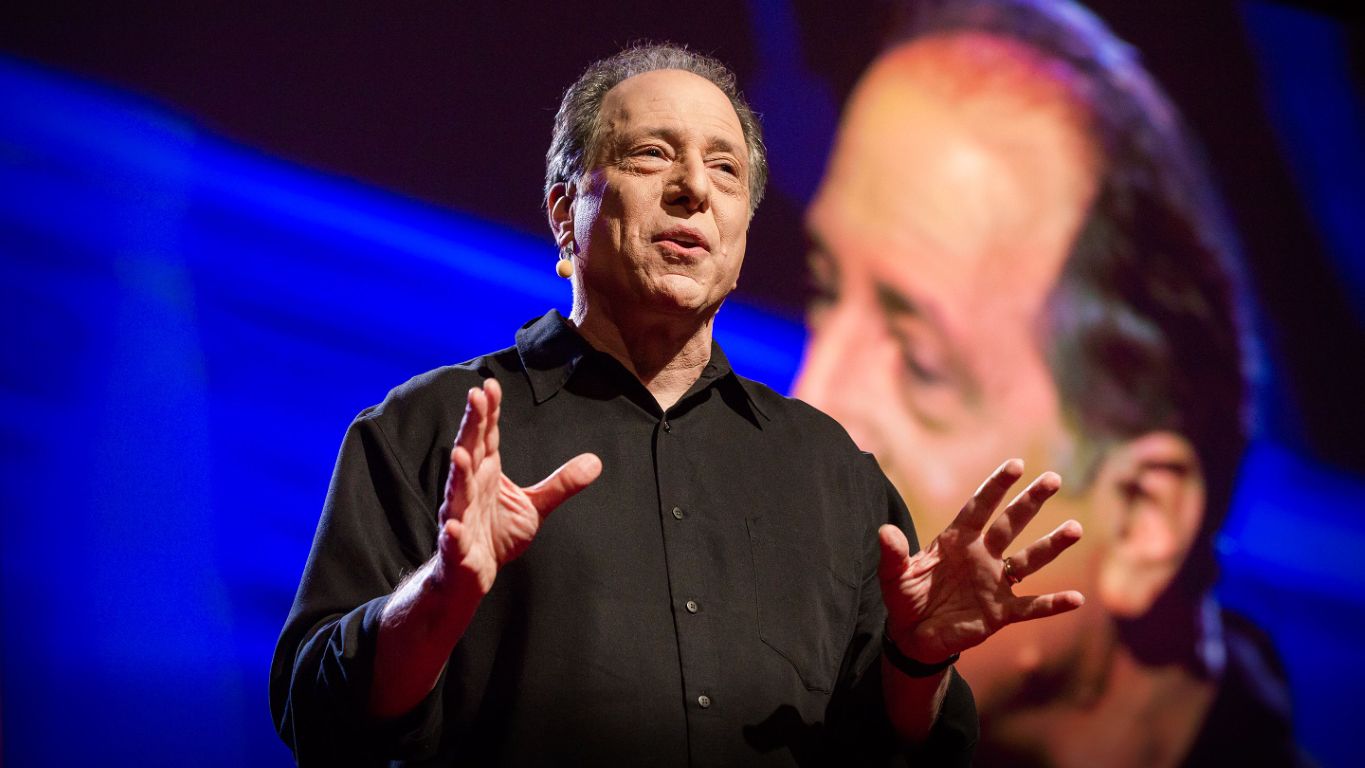
Why gender equality is good for everyone — men included
In this TEDWomen talk, sociologist Michael Kimmel makes a compelling case for why gender equality benefits not only women, but men as well. Using humor and research, he argues that equality leads to healthier relationships, better workplaces, and a more just society. Kimmel challenges men to become active participants in feminist progress.
🎧 Podcasts 19
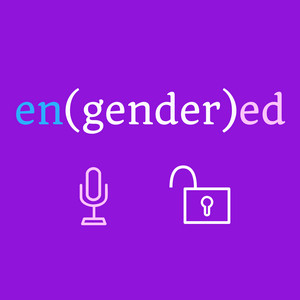
en(gender)ed
en(gender)ed is a podcast hosted by Teri Yuan, focusing on gender violence, oppression mechanisms, and institutional solutions. The show centers on the voices of survivors, advocates, and policymakers, exploring issues such as coercive control, domestic violence, campus sexual assault, gun violence, and media bias, emphasizing intersectional perspectives and cultural literacy. With a profound, systematic style, it serves as an important knowledge platform in the field of gender justice. Spotify rating of 5.0 (3 reviews), representative among gender violence research and advocacy podcasts.
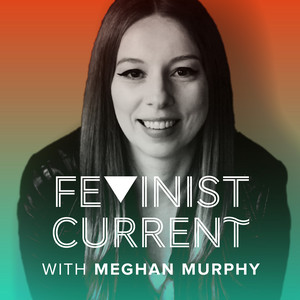
Feminist Current
Feminist Current is a podcast hosted by Canadian journalist Meghan Murphy, focusing on controversial issues within the feminist movement, particularly debates around gender identity, women's spaces, and legal policy. The show approaches from a critical feminist stance, emphasizing women's rights based on biological sex, covering content including Title IX revisions, transgender policy, domestic violence, pornography criticism, and internal left-wing controversies. With a frank and clear-positioned style, it represents an important voice in gender politics debates. Spotify rating of 4.5 (217 reviews), with broad influence among critical feminist podcasts.
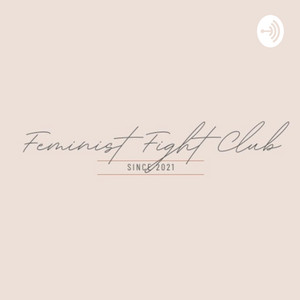
Feminist Fight Club
Feminist Fight Club is an educational podcast hosted by Isabella Anzideo, introducing feminist history and contemporary issues in an accessible way. The show's content covers American women's political history, second-wave feminism, gender bias in philosophy, sexual violence statistics and survivor support, and transgender women's history. With a friendly style aimed at Gen Z, it's suitable for feminist beginners and teenage audiences. Spotify rating of 5.0 (1 review), representing an emerging voice among educational feminist podcasts.
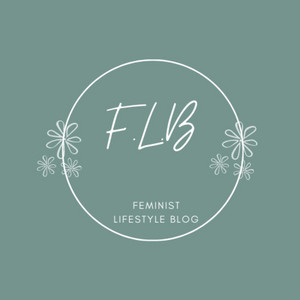
Feminist Lifestyle Blog
Feminist Lifestyle Blog is a personal podcast hosted by Tonii, exploring feminist lifestyles, gender issues, and social relationships through casual conversation format. The show blends personal experiences with social observations, covering content including social perceptions of single women, religious and educational conflicts, exclusivity in intimate relationships, women's professional challenges, and emotional expression. With a friendly, highly reflective style suitable for young audiences and feminist beginners. Spotify rating of 5.0 (1 review), providing unique perspectives for feminist podcasting in the Nigerian context.

Feminist Sleeper Cell
Feminist Sleeper Cell is a podcast produced by Abortion Access Force, focusing on the latest developments in America's abortion rights crisis and anti-gender politics. Hosts Lizz Winstead, Moji Alawode-El, and Marie Khan respond to Supreme Court decisions, anti-abortion organizational actions, misogynistic structures in healthcare systems, and Black women's health issues with satire, anger, and critical humor. With a radical, information-dense style, it represents a frontline voice in American abortion rights advocacy.
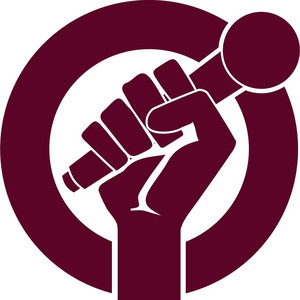
Feminist Utopia
Feminist Utopia is a podcast hosted by Benita and Debby, focusing on how feminism promotes dignity, solidarity, and social justice. Using American political events as entry points, the show explores abortion rights, Supreme Court politicization, protest actions, and moral discourse authority, emphasizing transgender, racial, class, and religious intersectionality. With a direct, highly critical style, it's suitable for audiences interested in contemporary American feminist politics.
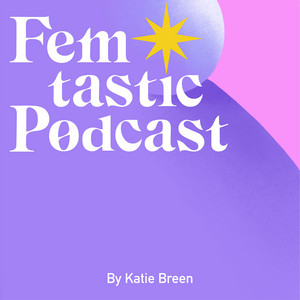
Femtastic Podcast
Femtastic Podcast is hosted by Katie Breen, focusing on reproductive justice, intersectional feminism, and public policy. The show invites researchers, advocates, and survivors to explore abortion rights, crisis pregnancy centers, gun violence, and institutional oppression, emphasizing data-driven and action-oriented approaches. With a clear, information-dense style, it's suitable for audiences interested in American reproductive politics and gender justice. Spotify rating of 5.0 (6 reviews), representative among advocacy-oriented feminist podcasts.
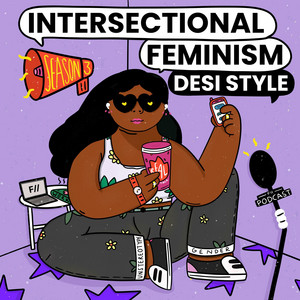
Intersectional Feminism—Desi Style!
Intersectional Feminism—Desi Style! is a podcast produced by Feminism In India that focuses on intersectional feminist issues within the South Asian context. Hosted by Sukanya Shaji and Shriya Roy, the show covers stereotypes and challenges faced by women in politics, technology, pornography, media, and development, emphasizing decolonial perspectives and gender justice. With a critically sharp and culturally astute style, it's perfect for audiences interested in South Asian women's experiences and intersectional issues. Rated 4.7 on Spotify (47 reviews), it stands as a representative work among Indian feminist podcasts.
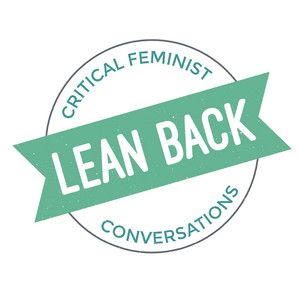
Lean Back: Critical Feminist Conversations
Lean Back is a critical feminist podcast hosted by Lisa Corrigan and Laura Weiderhaft, focusing on in-depth analysis of American culture, politics, and social phenomena. The show uses a theory-driven approach to explore issues including abortion rights, democratic crisis, perfectionism, complicity, and candor, emphasizing the intersection of structural oppression and feminist critique. With a sharp, academically rigorous style, it's suitable for audiences interested in critical feminism and cultural politics.
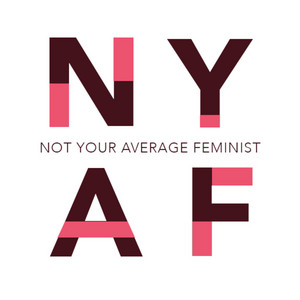
Not Your Average Feminist
Not Your Average Feminist is a podcast hosted by Amanda Elliott and Sarah Curran, exploring contemporary gender and political issues from a conservative feminist perspective. The show critiques mainstream feminism's progressive policy positions, emphasizing personal responsibility, traditional values, and free market logic. Content covers Supreme Court hearings, transgender movement, Equal Pay Day, workplace culture, and media event commentary, with a sharp, satirical style that has certain influence among conservative female audiences. With a Spotify rating of 5.0 (3 reviews), it positions itself as an alternative feminist voice.
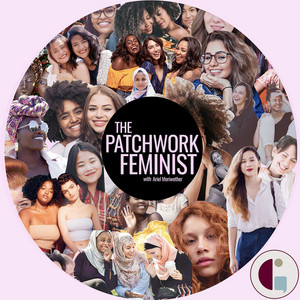
The Patchwork Feminist
The Patchwork Feminist, hosted by Ja'Mya Jackson, is a podcast that weaves together culture, identity, and current events, using the patchwork metaphor to present the diversity of women's experiences. With an intimate yet critical style, the show covers Black feminism, coming-of-age anxiety, social media influence, and political participation. Rated 3.7 on Spotify (3 reviews), it has representative appeal among college students and young communities.
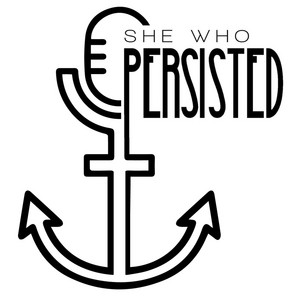
She Who Persisted. The Nasty Podcast
She Who Persisted is a biweekly feminist podcast co-hosted by an American and an Austrian, focusing on cross-cultural gender issues, political events, and marginalized communities' history. The show covers abortion rights, gaming culture, tech industry sexism, LGBTQ+ history, and media representation critique, with a sharp, humorous, and critical style emphasizing transnational feminist perspectives and community memory. Spotify rating of 5.0 (1 review), serving as an independent platform for European and North American feminist dialogue.
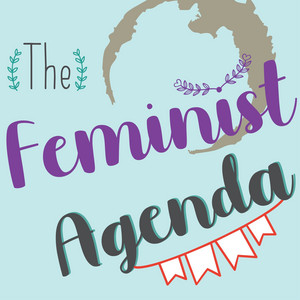
The Feminist Agenda
The Feminist Agenda is a podcast hosted by Veronica that explores how to practice feminism in the workplace and daily life. The show invites writers, scholars, and advocates to share their experiences in publishing, education, community organizing, and cultural critique, emphasizing professional feminism, cultural memory, and intersectional politics. With a gentle yet critically sharp style, it's perfect for audiences interested in feminist practice and knowledge production. Rated 5.0 on Spotify (1 review), it serves as a sustained voice in independent feminist podcasting.
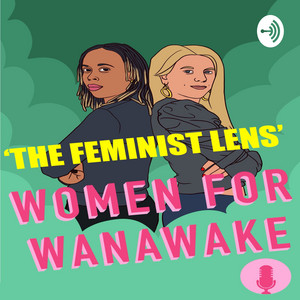
The Feminist Lens
The Feminist Lens is a podcast hosted by Women For Wanawake founder Peris Thuo and Nina de Ayala Parker, focusing on examining contemporary British society and cultural issues from a feminist perspective. The show covers abortion rights, racism, sexual harassment, child poverty, and feminist media practice, emphasizing intersectionality, activism, and public discourse reshaping. With a direct, advocacy-strong style, it's an emerging voice in British feminist podcasting.
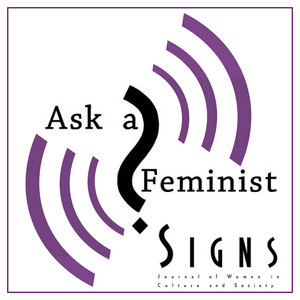
Ask a Feminist
Ask a Feminist is an academic feminist podcast produced by Signs: Journal of Women in Culture and Society, focusing on feminist perspectives in current political and social justice issues. The show invites feminist scholars and public intellectuals from interdisciplinary fields to discuss issues such as abortion rights, transgender policy, digital gender violence, public feminism, and science criticism. With a rigorous style and high depth, it is suitable for researchers and public advocates. Spotify rating of 5.0 (1 review), representative among academic feminist podcasts.
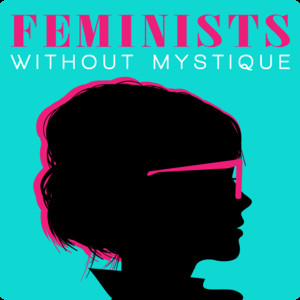
Feminists Without Mystique
Feminists Without Mystique is a podcast co-hosted by multiple feminists, exploring political, gender, and cultural issues with sharp humor. With a frank, highly critical style, the content covers abortion rights, transgender issues, racial and judicial injustice, media responsibility, often featuring 'we see you' segments exposing structural violence and silent complicity in society. Since launching in 2018, over 200 episodes have been released, with a Spotify rating of 4.7 (12 reviews), popular among progressive audiences.
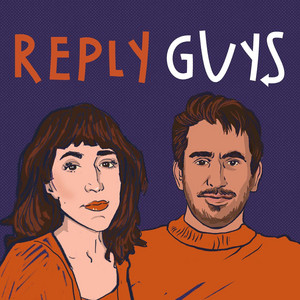
Reply Guys
Reply Guys is a feminist political commentary podcast hosted by Kate Willett and Julia Claire, exploring American politics, gender issues, and media phenomena with humor, satire, and a leftist perspective. The show focuses on abortion rights, labor movements, electoral politics, and online gender violence, frequently inviting journalists, activists, and political candidates for discussion. With a style blending standup comedy and critical analysis, it emphasizes women's voices and action in progressive politics. Spotify rating of 4.8 (120 reviews), representative in leftist feminist podcast circles.
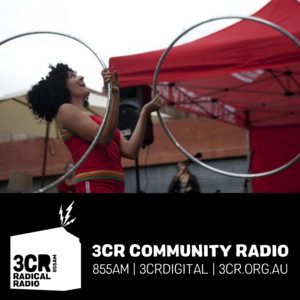
Women on the Line
Women on the Line is an Australian feminist current affairs podcast co-produced by multiple hosts, focusing on global gender justice, colonial critique, and community action. Presented in radio news format, the content covers Palestinian decolonial movements, public housing struggles, tech hegemony critique, and ecofeminist practice. With a serious, critically strong style emphasizing marginalized community voices and cross-cultural women's experiences. Spotify rating of 5.0 (5 reviews), representative in Australia's progressive broadcasting network.
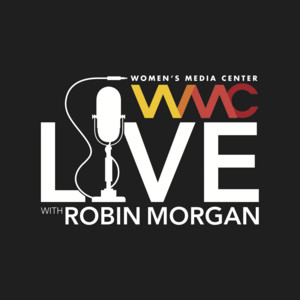
Women's Media Center Live with Robin Morgan
Women's Media Center Live is hosted by veteran feminist writer and activist Robin Morgan, affiliated with Women's Media Center. The show explores feminist politics, culture, and social issues with a global perspective, covering abortion rights, media critique, climate crisis, immigration policy, and literary creation. Robin brings her deep Second Wave feminist background and critical language to in-depth dialogues with women experts across fields. Broadcasting in 110 countries worldwide, while unrated on Spotify, it has high influence in international feminist podcasting.
📄 Papers 6
Beyond Identity: Feminism, Identity and Identity Politics
This influential 2000 article critiques both Judith Butler's theory of the subject and the practice of identity politics in feminism. Hekman proposes a middle ground between modern and postmodern conceptions of the subject while arguing for removing identity from the political realm entirely. The paper challenges fundamental assumptions about how feminism organizes politically around identity categories.
Feminist Epistemology and Value
This 2000 article by Alison Assiter develops a distinctive approach to feminist epistemology centered on the concepts of 'emancipatory values' and 'epistemic communities.' Assiter argues that knowledge production is fundamentally shaped by the values of the communities in which it occurs, and that feminist epistemology should focus on creating communities whose values promote emancipation rather than oppression. The paper offers a modernist feminist epistemology that is collective rather than individualist, value-centered rather than value-neutral.
Reconceiving Citizenship: The Challenge of Mothers as Political Activists
An exploration of how mothers as political activists challenge traditional conceptions of citizenship. Reiger examines maternal activism in Australian childbirth reform movements, arguing that mothers' claims for participation in health policy reconceive citizenship to include care, embodiment, and community advocacy.
Beyond the Politics of Location: The Power of Argument in a Global Era
This 2000 article by leading feminist sociologist Sylvia Walby challenges the dominance of standpoint epistemology and the 'politics of location' in feminist theory. Walby argues that in an era of globalization, feminism needs to move beyond location-based knowledge claims and embrace the power of reasoned argument to make effective universal claims about gender justice. The paper engages critically with postmodern and postcolonial feminist theories that privilege particular standpoints over universal reasoning.
Protesting like a Girl: Embodiment, Dissent and Feminist Agency
This 2000 article examines feminist agency through the lens of embodiment, drawing on Merleau-Ponty's phenomenology to analyze the British suffragette movement. Parkins focuses on Mary Leigh's suffragette career to argue that corporeal performance—the strategic use of women's bodies in daring protests—constituted a powerful form of feminist political agency that contested the boundaries of citizenship and the political domain.
Rethinking the Public Sphere: A Contribution to the Critique of Actually Existing Democracy
This groundbreaking 1990 essay provides a feminist critique of Habermas's theory of the public sphere. Fraser introduces the concept of 'subaltern counterpublics' to reveal the exclusionary nature of the bourgeois public sphere, arguing for the necessity of multiple publics and offering a new theoretical framework for understanding democratic participation and social justice.
Related Topics
Discover More Content
Explore more feminist-related topics and content
